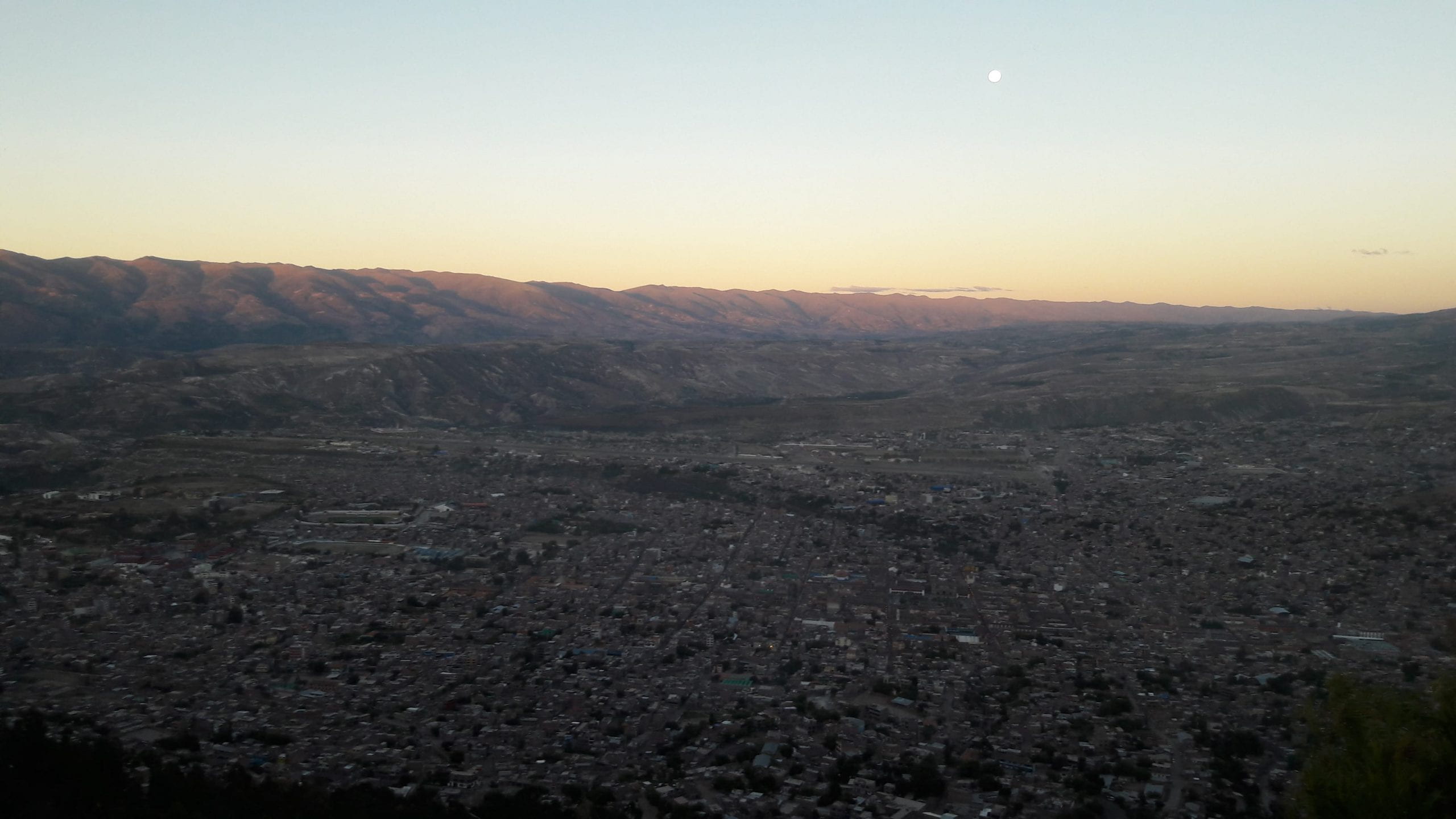Global Service Scholar: Denise Delgado
Country: Peru
When I arrived in Peru, I did not expect to become so immersed in the city’s compassionate citizens, beautiful sites, and colonial history. Peru taught me the true power of mindful thinking and inner strength. I arrived in Peru attempting to run away from the traumatic events occurring at home. I was beginning to distance myself from friends and family because of the deep loss I was experiencing. Yet, every additional day I spent in Peru, each new obstacle I surpassed, and each new person I met and talked to, helped me heal and prepared me for the return home.
The people I connected with in my home stay and at the prison allowed me to explore new ways of solving my problems by sharing their own experiences. For example, the woman who lived upstairs with her children, fled her abusive husband. Rather than becoming angry about her living situation and financial insecurity, she was grateful knowing she and her children were safe and away from the violence. Furthermore, the women at the prison taught me that in order to survive hardships, we as individuals have to actively find ways to remain positive. Although many are facing long sentences away from their families and growing children, they choose to focus on the benefits and services they get from being in the prison. Some find peace in religion, others learn a trade, and some are just grateful for the possibility to educate and better themselves so they can find success once out of the prison. Being able to keep a positive attitude proved to be extremely important because it helped to overcome the daily grievances.
As a prison volunteer, it was extremely beneficial to keep a good attitude and portray a certain level of self confidence in myself and my work ethic. It was important because we did not have set activities, and the administration expected us to take initiative and set up workshops that were attuned to the women’s interests. Also, we had make mindful decisions to protect ourselves from the unsanitary conditions, and to deal with the high levels of surveillance and control by both the corrections officers and the inmates who continuously attempted to decipher which one of us they could use or intimidate.
Additionally, having to witness each child suffer anxiety and stress from their environment affected me the most. I had to remain strong in order to positively motivate them and provide them with a small amount of the affection and attention that they craved. Knowing that the children are experiencing such limitations in exchange for a bond with their sometimes neglectful mothers often became overwhelming. Yet, it was wonderful to see the happiness that these children got from the few days they spent outside the prison and the love they have for their mothers. It taught me to enjoy the moments rather than worrying about the few things that are out of my control. Yes, the children are frustrated, their mothers sometimes neglectful, but every day they made motivated progress, such as learning to walk or going down the slide for the first time on their own.
This experience has not only deterred me from wanting to work as a corrections officer, it has also motivated me to work with abused, impoverished women and their children. Talking with the female inmates and working with their frustrated children has made me realize the effects that poverty and the desire to better their situation through any means necessary can have on people. Some women admitted that they sought out drug trafficking and other crimes out of pure curiosity and a willingness to do it consecutively. But most of the women committed the crimes out of necessity, as a way to improve their quality of life. It was their last resort, the only way they saw out of their situation. I want to be able to help these women find positive ways out of their situations. I want to empower them to do better even after they commit mistakes, because each person deserves a fulfilling quality of life and the opportunities needed to guarantee that.

